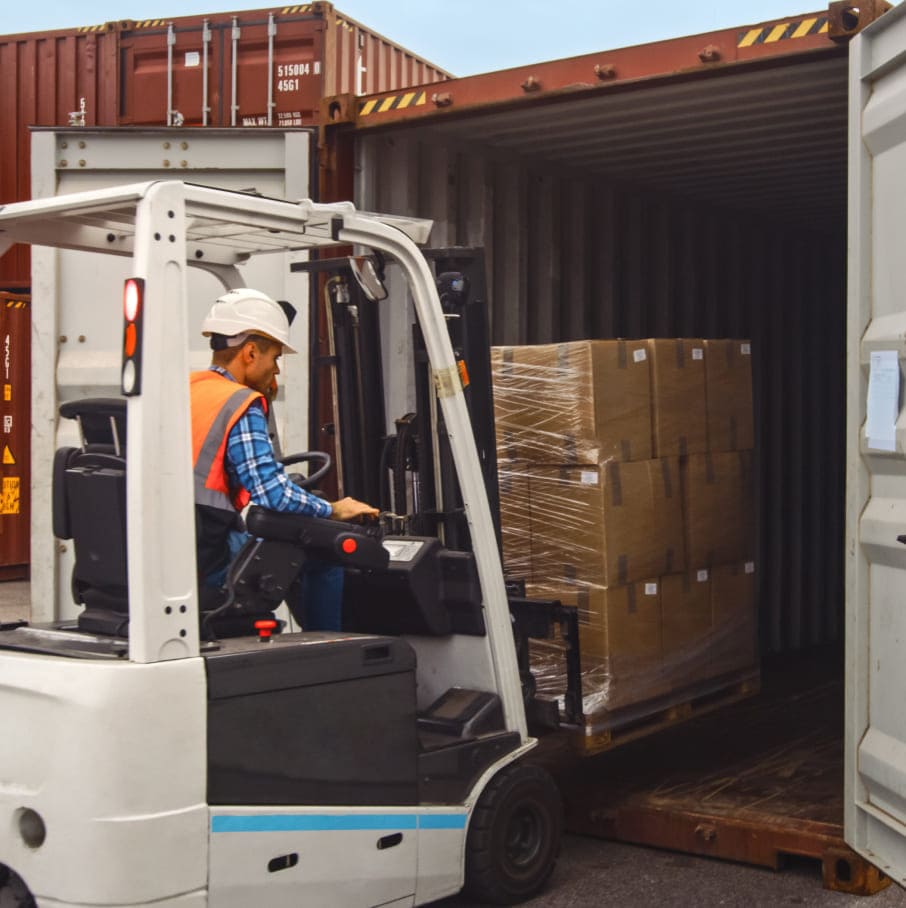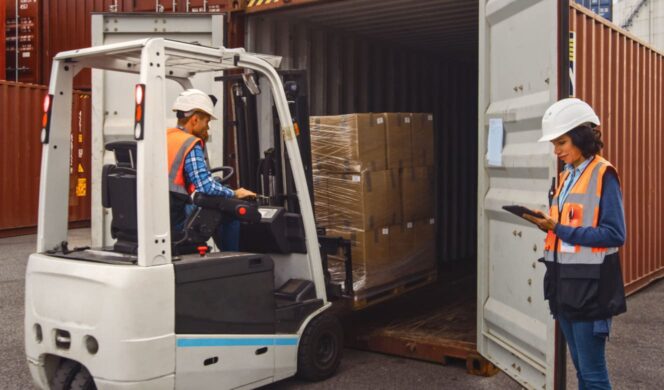Incoterms in sales contracts
Incoterms in sales contracts
Incoterms (or International Commercial Terms) are a set of three-letter terms that are used in international commerce as definitions of the responsibilities of both parties during the delivery of goods. These terms seem to serve as a common language that provides clarity between buyers and sellers from different countries.
The seven Incoterms 2020 rules for any mode(s) of transport are:
EXW – Ex Works
This Incoterm means the seller’s responsibility is only to pack the goods and make them available for the buyer. At the same time, costs and risks associated with transporting the goods are up to the buyer.
FCA – Free Carrier
The term under which the seller fulfills the responsibility of making the goods available for delivery to the agreed place (or person) whether it is the buyer’s means of transport or carrier. According to the risks, once the goods are available for pick-up, all threats are upon the buyer.
CPT – Carriage Paid To
Under this circumstance, the seller is responsible for delivering the goods to the carrier, another person, or a defined place. The seller is in charge of export clearance and arranging transportation to the agreed point. After handling the product over to the carrier, the duty is on the seller.
CIP – Carriage and Insurance Paid To
This Incoterm has a somewhat similar definition to CPT as the seller is also obligated to deliver the goods to the carrier, another person, or a defined place. However, the additional point here is that the trader is responsible for obtaining insurance against the buyer’s risk of loss or damage during transportation.
DAP – Delivered At Place
In the situation of DAP, the ordered products are considered to be delivered once they have reached the final destination where the buyer should get the parcel. Until this time, the seller is responsible for any damage that may happen.
DPU – Delivered at Place Unloaded
Under this rule, the seller is liable for any threats that may happen not only during the process of transferring the products but also at the time of unloading. So, in case of damage, it’s up to the seller to cover the expenses.
DDP – Delivered Duty Paid
This term means that the seller is responsible for all transferring costs as well as for export clearance. According to the receiver, he or she should get the parcel, and pay for insurance, as well as for any defects during the unload.
Can the parties use Incoterms 2010, instead of the renewed versions?
Yes, Incoterms 2010 can be used during the cooperation. However, to avoid any kind of confusion, all parties have to agree to use the same rules.
To prevent issues, parties should have a mutual understanding of the outlined terms and conditions. In case of any kind of uncertainty, it’s advisable to seek legal advice or consider updating the contract to align with a common set of Incoterms.
Our sales agreement templates digest the rights and obligations under said Incoterms in comprehensive language.



